Lest you think that last week’s post about Lindsay Lohan’s right of publicity claim against the makers of Grand Theft Auto was clickbait of marginal legal significance (I’m shocked, shocked by such accusations…), since that post, a Florida jury has awarded $140 million in compensatory and punitive damages to one Terry Bollea, more well known as professional wrestling legend Hulk Hogan, in his right of publicity suit against Gawker media for publishing excerpts online of a sex tape recorded of him in 2012.
To put things in perspective, $140 million is about twice the domestic box office take of Paul Blart: Mall Cop 2, or equivalent to 350 years of President Obama’s current salary. Essentially, it’s the kind of verdict that can put even a sizable company with 250 employees out of business (Gawker is valued at $83 million total), and thus the kind of legal development that companies with any kind of media presence need to sit up and ponder. Gawker has already announced its plans to appeal the verdict, and either a reversal on the law or on the size of damages is certainly possible, but the verdict certainly puts the company’s financial vitality in question (Gawker even went out and secured outside financing specifically because of the Hogan trial), and should send shivers down the spines of online outlets who work in the same type of no-holds-barred, up-to-the minute celebrity reportage as Gawker.
But that said, what should we really take as the net effects of the Hogan suit? Is this part of a reversal of the tide against what some perceive as an unjustified free-for-all legal environment when it comes to online free speech and decency? Or is this merely a soon-to-be-reversed runaway Florida jury giving an outsized verdict to a hometown hero (Hogan had “only” asked for $100 million) and making an example of what it perceived to be a big city gossip rag who had crossed the line (and whose founder had seemed to suggest that he would publish child sex tapes) into moral bankruptcy?
A Bizarre Love Triangle Right Up Gawker’s Alley
Just about everything related to the Hogan/Gawker story is unusual, to put it mildly, but “unusual, to put it mildly” seems to have been Gawker’s journalistic focus since its inception, hence the name. The sex tape in question was made in 2006 when Hogan’s good friend Bubba the Love Sponge Clem (yes, that is what he legally changed his name to) suggested that Hogan have sex with his wife Heather Clem, and then Clem proceeded to film the tryst of his wife and Hogan. Whether Hogan knew he was being filmed is in dispute – he says he was not, but unsealed court records suggest he may have.
The sex tape found its way to former Gawker editor-in-chief A.J. Daulerio through “an anonymous source,” and Daulerio published several minutes of the video in October 2012 with the headline, “Even For a Minute, Watching Hulk Hogan Have Sex in a Canopy Bed is Not Safe For Work, But Watch It Anyway.” Dauberies’ article accompanying the video describes the entirety of the video in graphic and vulgar language.
Hogan’s Claims And Gawker’s First Amendment Defense
Soon after Daulerio published the video, Hogan sued for an injunction to take the video down and also for the civil claims that formed the basis of his $140 million verdict. Hogan’s allegations included the following claims, all based in Florida state law:
- Right of Publicity – Much like Lohan’s claim, Hogan claimed that Gawker misappropriated his likeness for commercial gain (and even claimed Gawker’s value increased by $15 million as a result of publishing the video), but Gawker countered that publishing journalism does not qualify as misappropriation of a likeness for commercial gain.
- Intrusion Upon Seclusion – Hogan argued that Gawker intruded upon his seclusion by publishing the video, but Gawker countered that, under Florida law, only an act of physical or electronic intrusion by the defendant itself (and not by a third party) could result in such a claim.
- Intentional Infliction of Emotional Distress – As in most states, for this claim, Florida requires that a plaintiff prove that the defendant intentionally engaged in extreme and outrageous conduct that resulted in severe emotional distress to the plaintiff. Here, Gawker claimed Hogan failed to show he suffered severe emotional distress.
While Florida law controls each of these claims (and, it should be noted, the laws have substantially similar counterparts in states across the country, including New York and California), Gawker’s central defense to Hogan’s claims was that the company had a First Amendment right to cover Hogan’s sex life, as it was a matter of public concern. Gawker claimed that Hogan had indeed made his sex life a matter of public concern, and thus a newsworthy topic for which Gawker’s media cover was appropriate, through the following actions:
- Hogan had a reality TV show “Hogan Knows Best” in which he and his family discussed their sex lives.
- Hogan had discussed the existence of the sex tape prior to its publication and had denied knowing Clem.
- Hogan had written an autobiography in which he discussed intimate details of his sex life.
- Hogan and his family (including his 18-year old daughter and 16-year old son at the time) had appeared on the Howard Stern show and had discussed intimate sexual details of their lives.
In addition to pointing out Hogan’s own insertion of his sex life into public discourse, Gawker also claimed First Amendment protection on public concern grounds based on the fact there is, “Widespread cultural fascination with celebrity, the extent to which their lives are ordinary or unique, and the public’s fixation on their personal affairs, as exemplified by Hogan’s life and career.” In other words, if the public is fixated on celebrity sex, then it’s newsworthy.
The Jury Doesn’t Buy What Gawker is Selling
Gawker’s defense team ran into what one would hope was an unexpected bump in trying to sell that last point about the newsworthiness of sex tapes when Daulerio was asked on the stand whether he could “imagine a situation where a celebrity sex tape would not be newsworthy,” and he responded that it would not be newsworthy if the celebrity was a child under the age of four. Gawker’s lawyers later said Daulerio was joking (a curious strategy to joke about child sex on the stand in a $100 million case, to say the least), but the damage appeared to have been done. The St. Petersburg jury wasn’t swayed by Gawker’s arguments, and awarded $55 million in economic damages and $60 million for emotional distress to Hogan, who has lived in Florida almost his entire life.
While we don’t know exactly what went on in jury deliberations for the six hours it took them to reach their huge number, it’s not hard to believe that the whopping verdict was, as Hogan’s attorneys claimed, “a statement as to the public’s disgust with the invasion of privacy disguised as journalism.”
Legal Scholars Line Up on Gawker’s Side
On a gut level, many people might agree that seeing Gawker slapped with such a verdict lights up some righteous fires, as privacy in the age of the permanent internet record seems like something we as a society have to actively fight for, but is the verdict constitutionally sound? Most legal scholars seem to be saying no.
Notably, the trial judge appears to not have published any decision on the merits of Gawker’s First Amendment arguments, which means we will presumably have to wait for a state appeal court to weigh in. In the meantime, Harvard Constitutional Law scholar Noah Feldman points out that there is no explicit Supreme Court precedence regarding the constitutionality of state tort laws providing causes of action for rights of publicity or privacy as we see in the Hogan and Lohan cases, and even suggests the high court could strike such laws down if they are not narrowly written to conform to First Amendment guarantees. Regardless, he affirms Gawker’s newsworthiness argument, and argues, that based on the seminal 1964 Supreme Court case of NY Times v. Sullivan, media outlets have very broad freedoms for reporting on the public affairs of public figures, and, as Gawker argued, Hogan himself brought his sex life into public discourse on many occasions, making it newsworthy (Hogan put forth a novel argument in court that his public discussion of his sex life was about “Hulk Hogan” which should be considered separately from his alter ego of “Terry Bollea” who was in the video. The merits of such a groundbreaking split-personality argument is going to have be the subject of a whole other blog, though.).
Some commentators questioned the impartiality of the judge in the case, who allowed Bubba the Love Sponge Clem to refuse to testify regarding his previous statements to the FBI that Hogan did in fact know he was being filmed without informing the jury of this fact, and suggested that, even if the verdict is later reversed on legal grounds, it will have a chilling effect on news media outlets reporting on public figures.
Where Do We Go From Here?
As was cinematically depicted in the 1996 film The People vs. Larry Flynt, so-called champions of free speech are rarely poster boys for decorum and civility, and while the jury may have laid an emotion-driven smackdown (or, more appropriately for Hogan, the Atomic Leg Drop) on Gawker at trial, some kind of reversal or lowering of damages in not unlikely. As one commentator points out, “generally, the U.S. Supreme Court has concluded that in matters of public importance, the First Amendment trumps privacy.”
In the meantime, the so-called chilling effects of the Gawker may be modest: don’t publish unauthorized sex tapes. As constitutional law scholar and free speech proponent Erwin Chemerinsky wrote this past week, “I think the media will survive that restriction.”
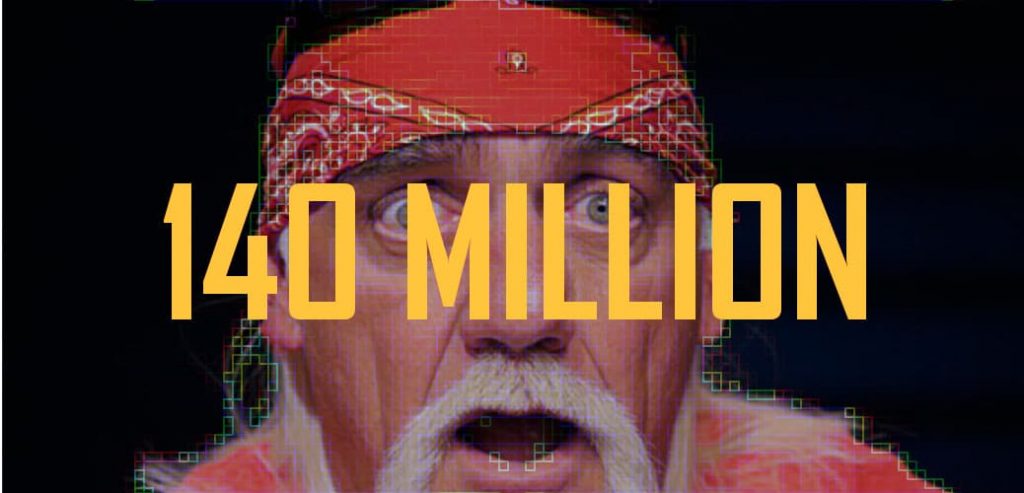


![Explaining the Hans Niemann Chess Lawsuit v. Magnus Carlsen [e320]](https://www.pashalaw.com/wp-content/uploads/2022/10/LAWYER-EXPLAINS-7-1024x576.png)

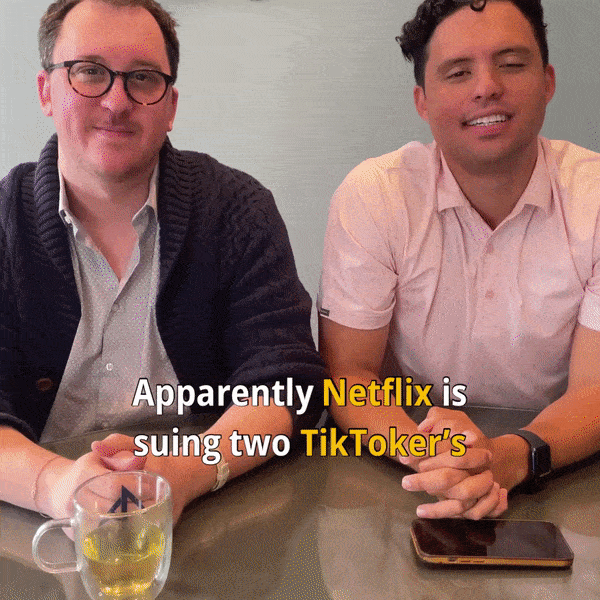



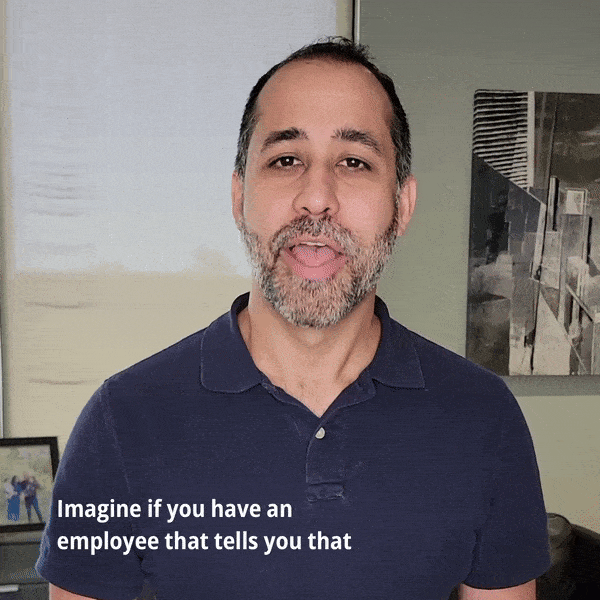
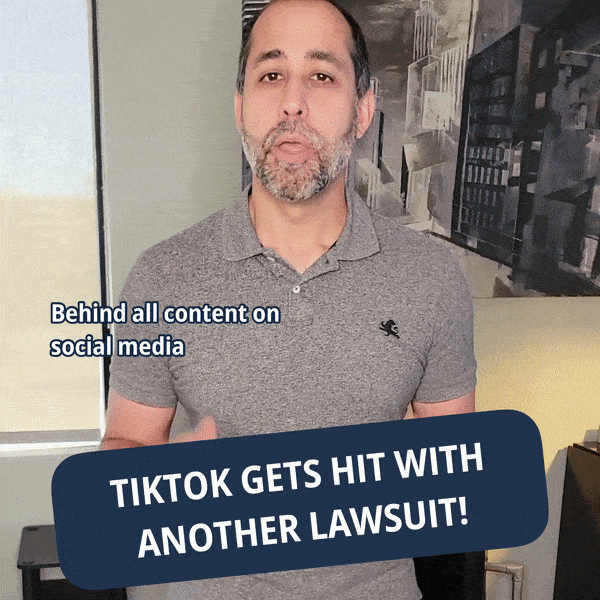
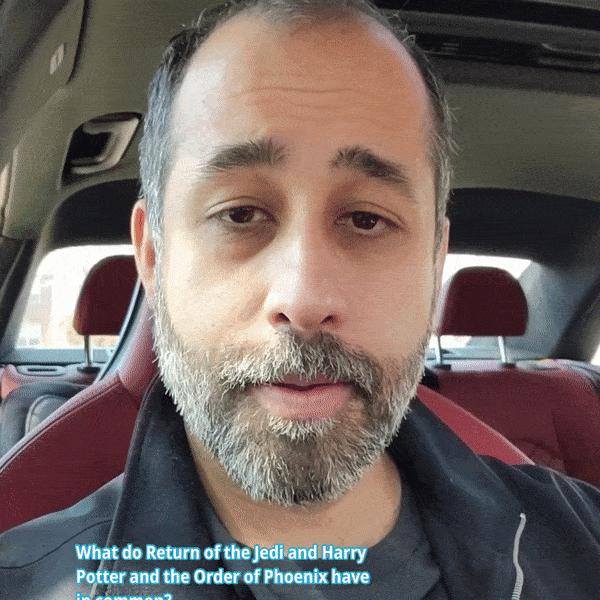
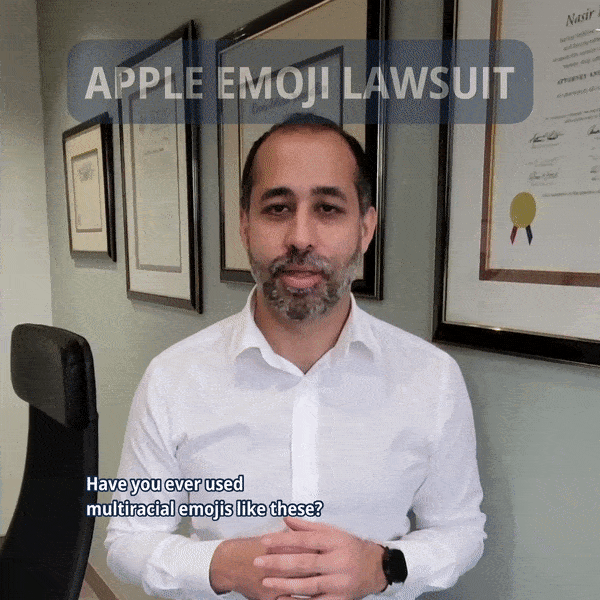
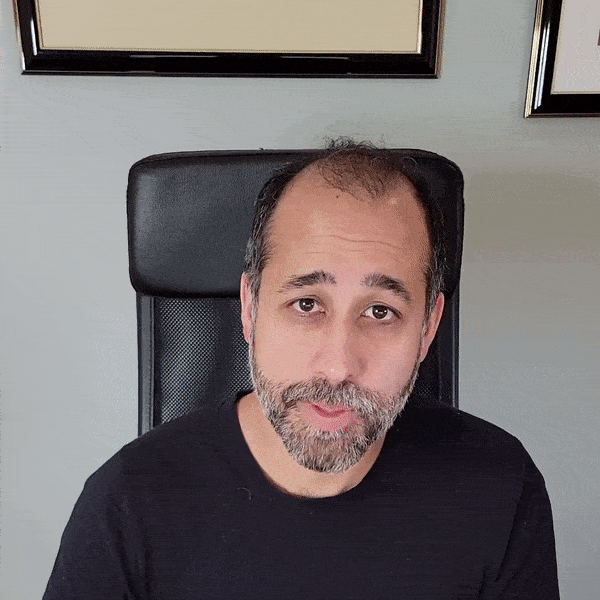




![Law in the Digital Age: Exploring the Legal Intricacies of Artificial Intelligence [e323]](https://www.pashalaw.com/wp-content/uploads/2023/11/WhatsApp-Image-2023-11-21-at-13.24.49_4a326c9e-300x212.jpg)
![Unraveling the Workforce: Navigating the Aftermath of Mass Layoffs [e322]](https://www.pashalaw.com/wp-content/uploads/2023/07/Untitled-design-23-300x212.png)
![Return to the Office vs. Remote: What Can Employers Legally Enforce? [e321]](https://www.pashalaw.com/wp-content/uploads/2023/01/Pasha_LSSB_321_banner-300x212.jpg)
![Explaining the Hans Niemann Chess Lawsuit v. Magnus Carlsen [e320]](https://www.pashalaw.com/wp-content/uploads/2022/10/LAWYER-EXPLAINS-7-300x169.png)
![California v. Texas: Which is Better for Business? [313]](https://www.pashalaw.com/wp-content/uploads/2021/07/Pasha_LSSB_CaliforniaVSTexas-300x212.jpg)
![Buyers vs. Sellers: Negotiating Mergers & Acquisitions [e319]](https://www.pashalaw.com/wp-content/uploads/2022/06/Pasha_LSSB_BuyersVsSellers_banner-300x212.jpg)
![Employers vs. Employees: When Are Employment Restrictions Fair? [e318]](https://www.pashalaw.com/wp-content/uploads/2022/05/Pasha_LSSB_EmployeesVsEmployers_banner-1-300x212.jpg)
![Vaccine Mandates Supreme Court Rulings [E317]](https://www.pashalaw.com/wp-content/uploads/2022/02/WhatsApp-Image-2022-02-11-at-4.10.32-PM-300x212.jpeg)
![Business of Healthcare [e316]](https://www.pashalaw.com/wp-content/uploads/2021/11/Pasha_LSSB_BusinessofHealthcare_banner-300x212.jpg)
![Social Media and the Law [e315]](https://www.pashalaw.com/wp-content/uploads/2021/10/WhatsApp-Image-2021-10-06-at-1.43.08-PM-300x212.jpeg)
![Defining NDA Boundaries: When does it go too far? [e314]](https://www.pashalaw.com/wp-content/uploads/2021/09/Pasha_LSSB_NDA_WordPress-2-300x212.jpg)
![More Than a Mistake: Business Blunders to Avoid [312] Top Five Business Blunders](https://www.pashalaw.com/wp-content/uploads/2021/06/Pasha_LSSB_Blunders_WP-1-300x212.jpg)
![Is There a Right Way to Fire an Employee? We Ask the Experts [311]](https://www.pashalaw.com/wp-content/uploads/2021/02/Pasha_LSSB_FireAnEmployee_Website-300x200.jpg)
![The New Frontier: Navigating Business Law During a Pandemic [310]](https://www.pashalaw.com/wp-content/uploads/2020/12/Pasha_LSSB_Epidsode308_Covid_Web-1-300x200.jpg)
![Wrap Up | Behind the Buy [8/8] [309]](https://www.pashalaw.com/wp-content/uploads/2020/11/Pasha_BehindTheBuy_Episode8-300x200.jpg)
![Is it all over? | Behind the Buy [7/8] [308]](https://www.pashalaw.com/wp-content/uploads/2020/09/iStock-1153248856-overlay-scaled-300x200.jpg)
![Fight for Your [Trademark] Rights | Behind the Buy [6/8] [307]](https://www.pashalaw.com/wp-content/uploads/2020/07/Fight-for-your-trademark-right-300x200.jpg)
![They Let It Slip | Behind the Buy [5/8] [306]](https://www.pashalaw.com/wp-content/uploads/2020/06/Behind-the-buy-they-let-it-slip-300x200.jpg)
![Mo’ Investigation Mo’ Problems | Behind the Buy [4/8] [305]](https://www.pashalaw.com/wp-content/uploads/2020/05/interrobang-1-scaled-300x200.jpg)
![Broker or Joker | Behind the Buy [3/8] [304] Behind the buy - Broker or Joker](https://www.pashalaw.com/wp-content/uploads/2020/04/Joker-or-Broker-1-300x185.jpg)
![Intentions Are Nothing Without a Signature | Behind the Buy [2/8] [303]](https://www.pashalaw.com/wp-content/uploads/2020/04/intentions-are-nothing-without-a-signature-300x185.jpg)
![From First Steps to Final Signatures | Behind the Buy [1/8] [302]](https://www.pashalaw.com/wp-content/uploads/2020/04/first-steps-to-final-signatures-300x185.jpg)
![The Dark-side of GrubHub’s (and others’) Relationship with Restaurants [e301]](https://www.pashalaw.com/wp-content/uploads/2015/04/When-Competition-Goes-Too-Far-Ice-Cream-Truck-Edition-300x201.jpg)
![Ultimate Legal Breakdown of Internet Law & the Subscription Business Model [e300]](https://www.pashalaw.com/wp-content/uploads/2019/05/Ultimate-Legal-Breakdown-of-Internet-Law-the-Subscription-Business-Model-300x196.jpg)
![Why the Business Buying Process is Like a Wedding?: A Legal Guide [e299]](https://www.pashalaw.com/wp-content/uploads/2019/03/futura-300x169.jpg)
![Will Crowdfunding and General Solicitation Change How Companies Raise Capital? [e298]](https://www.pashalaw.com/wp-content/uploads/2018/11/Will-Crowdfunding-and-General-Solicitation-Change-How-Companies-Raise-Capital-300x159.jpg)
![Pirates, Pilots, and Passwords: Flight Sim Labs Navigates Legal Issues (w/ Marc Hoag as Guest) [e297]](https://www.pashalaw.com/wp-content/uploads/2018/07/flight-sim-labs-300x159.jpg)
![Facebook, Zuckerberg, and the Data Privacy Dilemma [e296] User data, data breach photo by Pete Souza)](https://www.pashalaw.com/wp-content/uploads/2018/04/data-300x159.jpg)
![What To Do When Your Business Is Raided By ICE [e295] I.C.E Raids business](https://www.pashalaw.com/wp-content/uploads/2018/02/ice-cover-300x159.jpg)
![General Contractors & Subcontractors in California – What you need to know [e294]](https://www.pashalaw.com/wp-content/uploads/2018/01/iStock-666960952-300x200.jpg)
![Mattress Giants v. Sleepoplis: The War On Getting You To Bed [e293]](https://www.pashalaw.com/wp-content/uploads/2017/12/sleepopolis-300x159.jpg)
![The Harassment Watershed [e292]](https://www.pashalaw.com/wp-content/uploads/2017/12/me-2-300x219.jpg)
![Investing and Immigrating to the United States: The EB-5 Green Card [e291]](https://www.pashalaw.com/wp-content/uploads/2012/12/eb-5-investment-visa-program-300x159.jpg)
![Responding to a Government Requests (Inquiries, Warrants, etc.) [e290] How to respond to government requests, inquiries, warrants and investigation](https://www.pashalaw.com/wp-content/uploads/2017/10/iStock_57303576_LARGE-300x200.jpg)
![Ultimate Legal Breakdown: Employee Dress Codes [e289]](https://www.pashalaw.com/wp-content/uploads/2017/08/Ultimate-Legal-Breakdown-Template-1-300x159.jpg)
![Ultimate Legal Breakdown: Negative Online Reviews [e288]](https://www.pashalaw.com/wp-content/uploads/2017/06/Ultimate-Legal-Breakdown-Online-Reviews-1-300x159.jpg)
![Ultimate Legal Breakdown: Social Media Marketing [e287]](https://www.pashalaw.com/wp-content/uploads/2017/06/ultimate-legal-breakdown-social-media-marketing-blur-300x159.jpg)
![Ultimate Legal Breakdown: Subscription Box Businesses [e286]](https://www.pashalaw.com/wp-content/uploads/2017/03/ultimate-legal-breakdown-subscription-box-services-pasha-law-2-300x159.jpg)
![Can Companies Protect Against Foreseeable Misuse of Apps [e285]](https://www.pashalaw.com/wp-content/uploads/2017/01/iStock-505291242-300x176.jpg)
![When Using Celebrity Deaths for Brand Promotion Crosses the Line [e284]](https://www.pashalaw.com/wp-content/uploads/2017/01/celbrity-300x159.png)
![Are Employers Liable When Employees Are Accused of Racism? [e283] Racist Employee](https://www.pashalaw.com/wp-content/uploads/2016/12/Are-employers-liable-when-an-employees-are-accused-of-racism-300x159.jpg)
![How Businesses Should Handle Unpaid Bills from Clients [e282] What to do when a client won't pay.](https://www.pashalaw.com/wp-content/uploads/2016/12/How-Businesses-Should-Handle-Unpaid-Bills-to-Clients-300x159.png)
![Can Employers Implement English Only Policies Without Discriminating? [e281]](https://www.pashalaw.com/wp-content/uploads/2016/11/Can-Employers-Impliment-English-Only-Policies-Without-Discriminating-300x159.jpg)
![Why You May No Longer See Actors’ Ages on Their IMDB Page [e280]](https://www.pashalaw.com/wp-content/uploads/2016/10/IMDB-AGE2-300x159.jpg)
![Airbnb’s Discrimination Problem and How Businesses Can Relate [e279]](https://www.pashalaw.com/wp-content/uploads/2016/09/airbnb-300x159.jpg)
![What To Do When Your Amazon Account Gets Suspended [e278]](https://www.pashalaw.com/wp-content/uploads/2016/09/What-To-Do-When-Your-Amazon-Account-Gets-Suspended-1-300x200.jpg)
![How Independent Artists Reacted to Fashion Mogul Zara’s Alleged Infringement [e277]](https://www.pashalaw.com/wp-content/uploads/2016/08/How-Independent-Artists-Reacted-to-Fashion-Mogul-Zaras-Alleged-Infringement--300x159.jpg)
![Can Brave’s Ad Replacing Software Defeat Newspapers and Copyright Law? [e276]](https://www.pashalaw.com/wp-content/uploads/2016/08/Can-Braves-Ad-Replacing-Software-Defeat-Newspapers-and-Copyright-Law-300x159.jpg)
![Why The Roger Ailes Sexual Harassment Lawsuit Is Far From Normal [e275]](https://www.pashalaw.com/wp-content/uploads/2016/07/WHY-THE-ROGER-AILES-SEXUAL-HARASSMENT-LAWSUIT-IS-FAR-FROM-NORMAL-300x159.jpeg)
![How Starbucks Turned Coveted Employer to Employee Complaints [e274]](https://www.pashalaw.com/wp-content/uploads/2016/07/iStock_54169990_LARGE-300x210.jpg)
